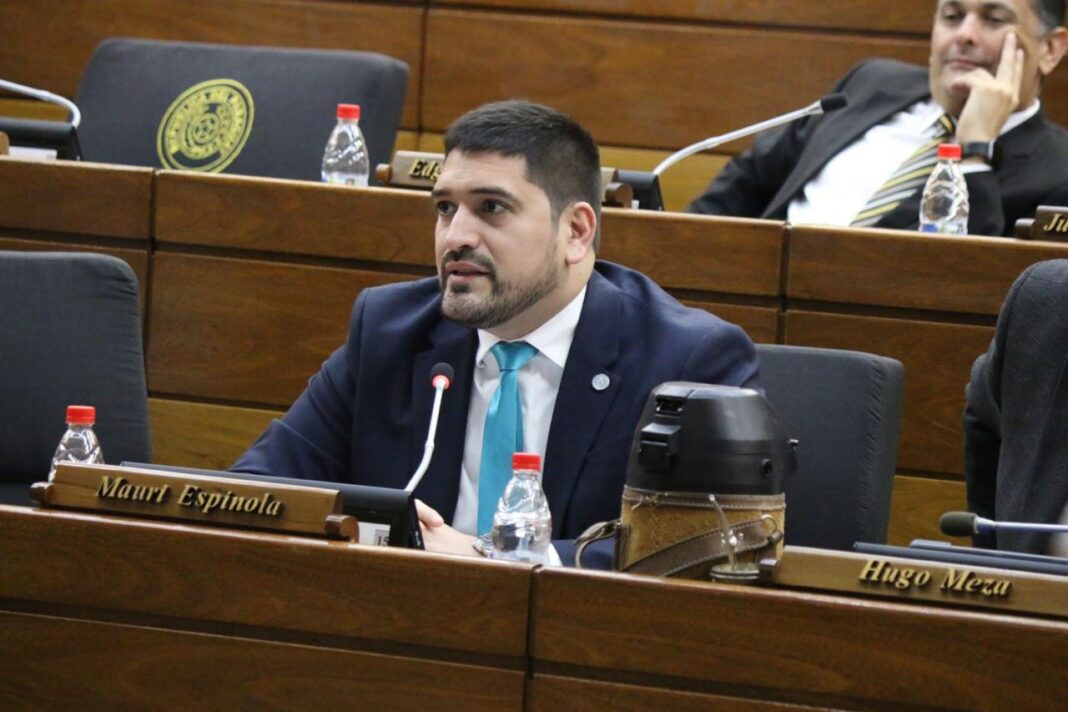In the case of the agreement with the European Union, we must follow the path of political responsibility

By Mauricio Espínola*
International politics is not child’s play. Every decision taken in this field has direct repercussions not only on the relationship between States, but also on the status and image of a country on the global stage. That is why it is essential to reflect on the decision of the lower house of Paraguay (August 2023), to ratify the rejection of the repeal of Law 6659/20, an agreement signed between Paraguay and the European Union in 2020. With this decision, the bill will be passed to the Senators, where it will be defined if the law repealing the agreement is approved, after which it will be passed to the Executive Power for its enactment or veto.
It is essential to remember that this law was submitted by the Executive Power as an international agreement. Therefore, representatives of the Ministry of Foreign Affairs participated in the process, and, at the time, it was endorsed by the Foreign Affairs Committee of the lower house, chaired at that time by the Representative of Honor Colorado, Walter Harms. These points indicate that the law approving the agreement with the European Union was not treated as just another law, an issue that today seems to have been forgotten.
International politics requires prudence, strategy and, above all, respect for the commitments undertaken. Repealing the agreement with the European Union not only raises doubts about the legal handling of the agreement, but also sends the wrong message about Paraguay’s seriousness and commitment on the world stage
The questions that arise from this scenario are numerous and profound. How is it possible that a parliamentary pact can unilaterally repeal an international agreement between two sovereign entities? Is the nature and character of this international agreement being respected by proposing its revocation by Congress?
From my position as a member of the house of the Colorado Party, committed to safeguarding our Constitution and aware of the political weight that lies on our party as a governing force, I consider that it is imperative to respect institutional precepts. Any attempt to modify the agreement should be made using the clauses stipulated in the agreement itself. The path of institutionalism must guide us.
By opting for the repeal of this agreement, not only is the relationship with the European Union at stake, but it also sends a worrying message to the world about Paraguay’s respect for international agreements. In addition, the international image of our nation is compromised and the seriousness with which we operate in the diplomatic field is questioned.
On the other hand, it has been proposed to establish “addenda” as a way of modifying the agreement once it is rejected. However, a legitimate doubt arises: What “addenda” are we talking about if we proceed to repeal the agreement in question? These signals that are being released could generate even more confusion and conflicts.
We need to broaden this discussion and take it seriously. It is crucial that the Minister of Education and the Chancellor recognize the magnitude of the problem. It is not only a challenge for their recently initiated administrations, but a potential obstacle for the well-being of the Paraguayan people.
International politics requires prudence, strategy and, above all, respect for the commitments undertaken. Repealing the agreement with the European Union not only raises doubts about the legal handling of the agreement, but also sends the wrong message about Paraguay’s seriousness and commitment on the world stage.
As representatives of the people, we must behave with respect, always protecting the best interests of our nation. The government of Santiago Peña should not begin its days conveying hardships, little strategic vision and a management that complicates us in the international scenario.
* National Member of the House of Representatives 2023-2028
Cover image: El Trueno
